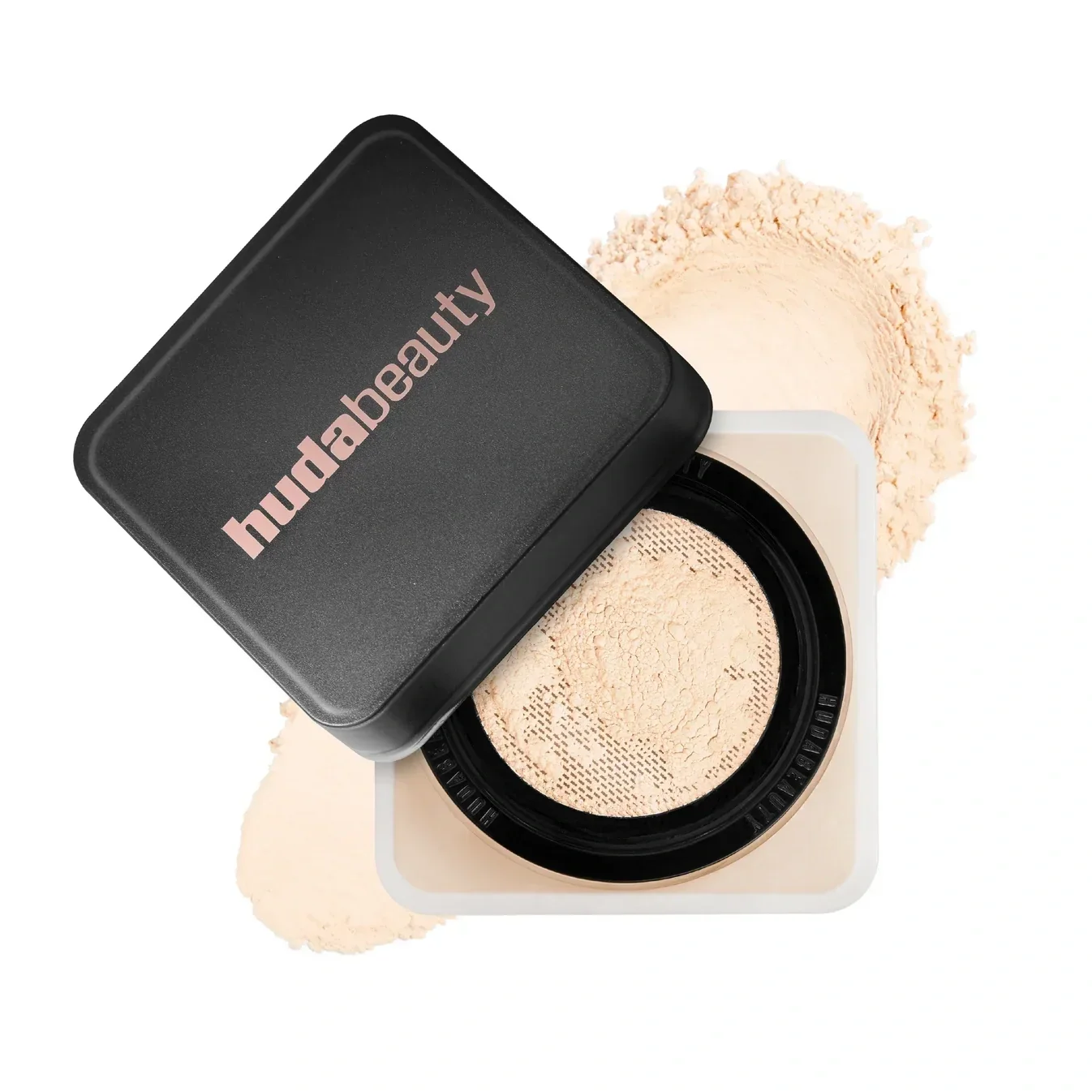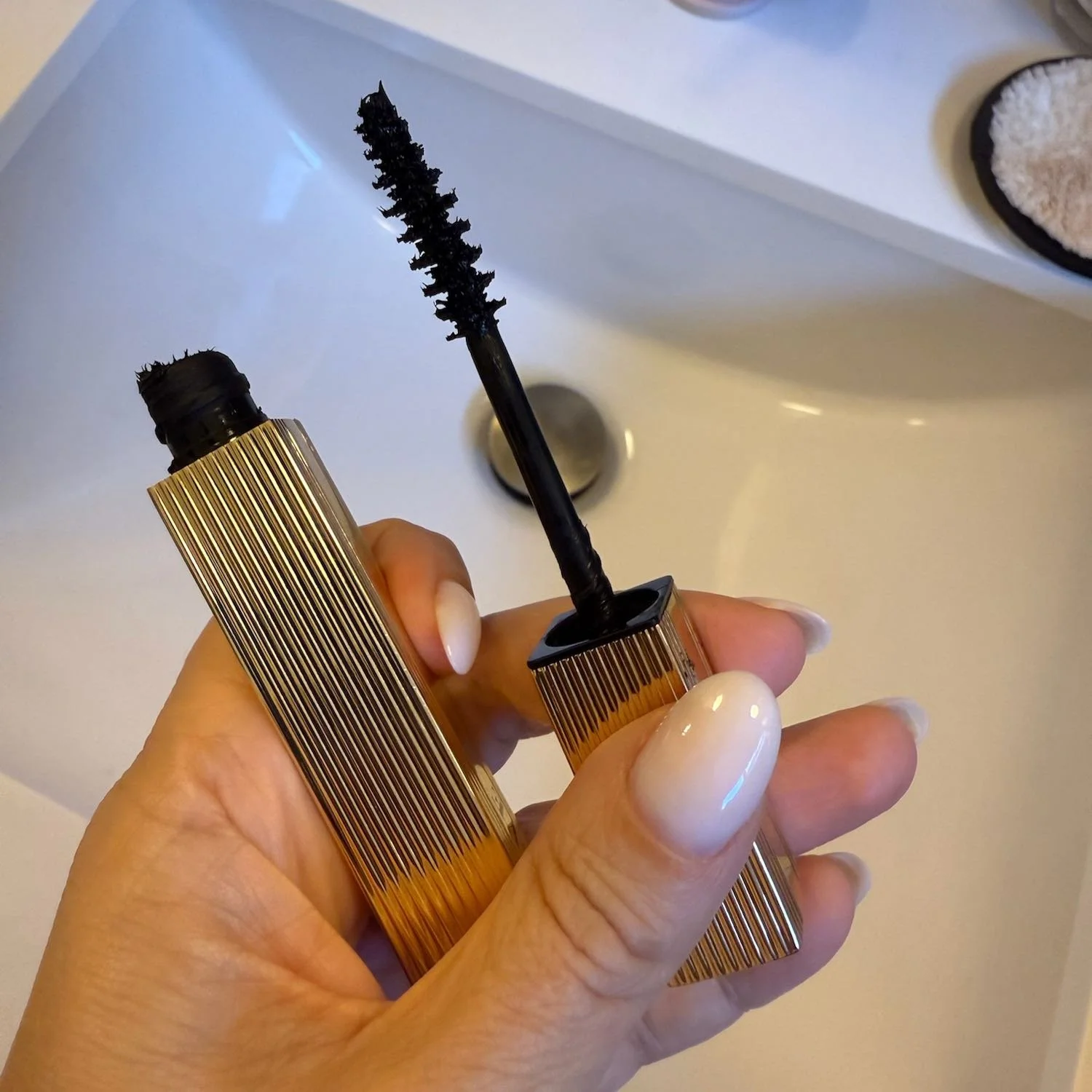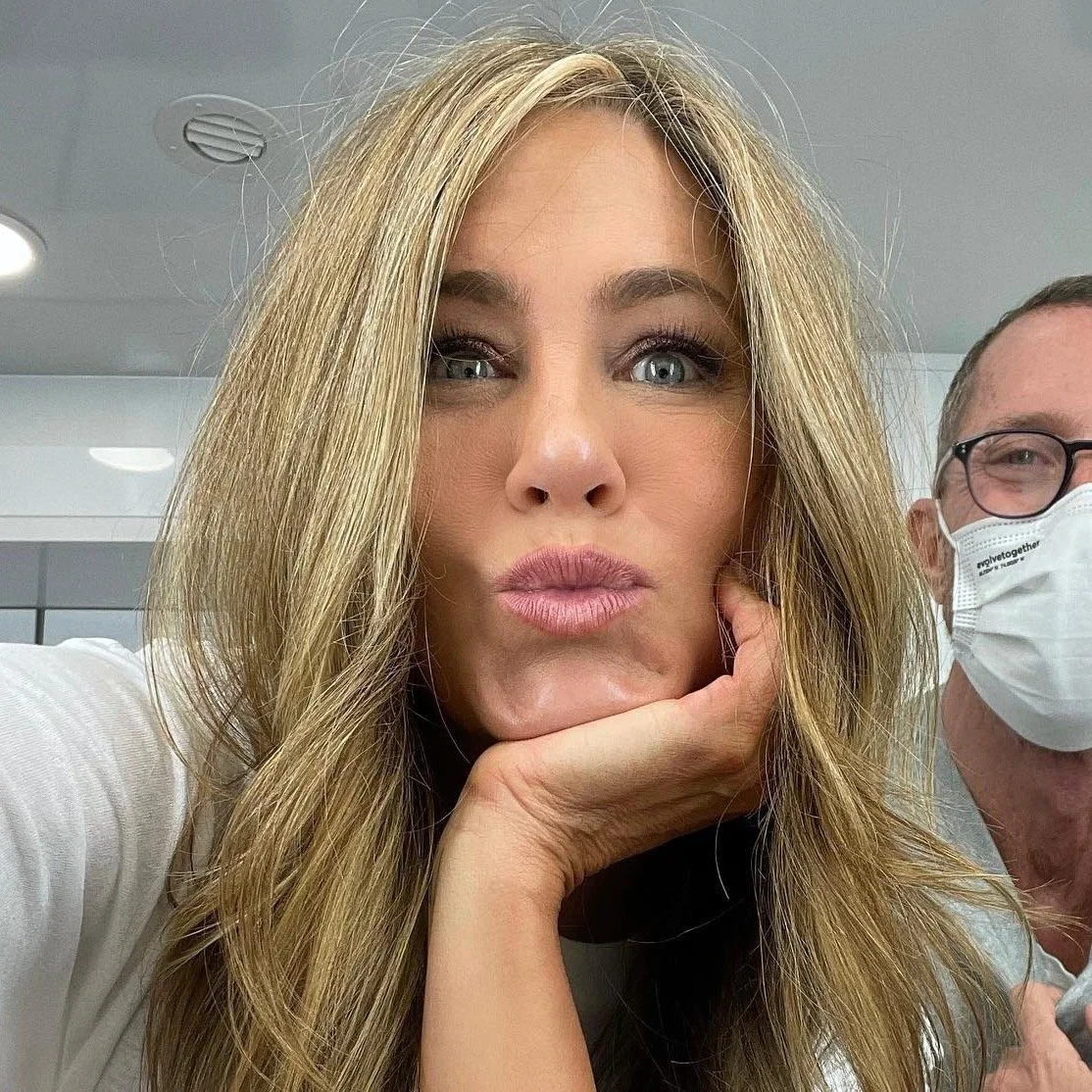If You’re A Raging Hypochondriac, This Is The One Service You Didn't Know You Needed
by Marissa Pomerance
As hypochondriacs, what do we all do when a few novel aches and pains escalate from, “hmm what is that?” to “obviously I’m having a heart attack and need to call an ambulance” in a matter of minutes?
We turn to Google.
Yes, even those of us with great therapists and decent tools for managing our hypochondriasis are susceptible to full-blown panic spirals fed by the bad advice of Dr. Google. Googling symptoms is the worst thing we can do for our health anxiety, as all WebMD roads seemingly lead to a cancer diagnosis.
So instead of consulting Dr. Google’s Pages Of Death Sentences™, here’s what to do instead; call a real doctor. Which, duh, of course. But sometimes it’s 1:30am on a Saturday and our doctor’s office is closed and we call a random on-call doctor from TeleDoc who knows nothing about our medical history so they tell us it’s probably a heart attack and we should call an ambulance (because they need to cover themselves legally or just want to get us off the phone) and so we do and the ER doctor tells us it’s heartburn which of course we already knew because we have a medical history of heartburn but just wanted our own doctor to confirm that.
Which is why there’s a specific service that all hypochondriacs should consider:
A concierge doctor.
Essentially, concierge doctors are practitioners who operate in private, membership-based practices. Though they can be of any speciality, many are primary care doctors, general practitioners, or internists (and we’re going to focus on those in this article).
These practices may charge around $70-$180/month, or around $1500-$2000 per year as a membership fee (though prices depend on the practice and city) for patients to have direct, round-the-clock access to quality care.
I know. Seeing a concierge doctor seems like an exclusive privilege reserved for Jeff Bezos and Muffy from the yacht club. But when you do the math, you realize it’s basically the same cost as your daily latte, with way more health benefits. Plus, it’s becoming increasingly popular and affordable. Here’s why you should consider it:
1. You can talk to your doctor anytime.
You’re probably already paying hundreds of dollars in monthly insurance premiums and co-pays and out-of-network visits to see your doctor for approximately 15 minutes. And honestly, it’s not easy to try to pry detailed information out of a time-strapped physician.
Often, we leave doctors’ appointments with more questions than when we came in. Which is why concierge practices are becoming more popular than ever. Since concierge doctors are able to bring in extra income from membership fees, they have fewer patients and seek to provide more thorough, accessible care to their patients.
That means 24/7 access to your doctor, unlimited visits, physicals, full-time health management, longer-appointments, same-day appointments, and shorter waiting times.
So when those random, surprising aches and pains inevitably show up— whether it’s 1am or 11am or 10pm—you have someone to call. Someone who you trust that knows your entire medical history.
2. They manage every aspect of your health.
While almost half of regular primary care doctors only spend 15 minutes or less with each patient per visit, concierge doctors spend, on average, 35 minutes on each visit. And most regular primary care doctors see each patient an average of 1.6 times per year, while concierge doctors see each patient an average of 4 times per year.
With a concierge doctor, you receive individualized, attentive, and comprehensive care that monitors all of your healthcare needs on a long-term basis. A good concierge doctor won’t just write you an RX and send you on your way, hoping to never see you again— they might sit with you for an hour, discussing your entire medical history, and perform thorough, holistic testing. They’ll come up with a detailed plan of care, action items for you and themselves, and refer you to specialists when necessary.
3. You can get real information from a real doctor who knows your medical history (not Dr. Google).
Let’s be clear; this isn’t a quick fix for health anxiety. In fact, it’s not a fix at all.
And some people (probably including my own therapist) might suggest that seeing a concierge doctor is a form of reassurance-seeking behavior, which are safety-seeking compulsions that briefly helps anxiety-sufferers mitigate doubts and fears, like seeking out words of encouragement from friends and family (“am I going to be ok?”), and yes, going to multiple doctors’ appointments to get a diagnosis even if something isn’t actually wrong with our health. Reassurances often only work in the short-term, and can feed into cycles of anxiety in the long-term.
But seeing a concierge doctor is one way to start replacing more dangerous reassurance-seeking behaviors. Why rely on the crazy of the internet when we can call our doctor on a Saturday and get a professional opinion? Why spend countless dollars and hours driving to doctors all over the city when we can speak to one doctor and calmly discuss every possible ache, pain, and problem?
Plus, a good concierge doctor will give us a total and complete picture of our health through thorough blood testing and exams, which helps mitigate those nagging feelings that a doctor is “missing” something.
The best part? You don’t even need to be a hypochondriac or have serious medical issues to see a concierge doctor. Going to a primary care physician leads to a more proactive approach to long-term health, as you’ll have more access to preventative screenings, wellness visits, urgent care services, and diagnostic testing.
And after living through a literal pandemic, doesn’t that sound soothing?
Marissa Pomerance is the Managing Editor of The Candidly. She’s a Los Angeles native and lover of all things food, style, beauty, and wellness. You can find more of her articles here.
This article is for informational purposes only. It is not intended to be used in place of professional advice, medical treatment, or professional care in any way. This article is not intended to be and should not be a substitute for professional care, advice or treatment. Please consult with your physician or healthcare provider before changing any health regimen. This article is not intended to diagnose, treat, or prevent disease of any kind. Read our Terms & Conditions and Privacy Policy.















